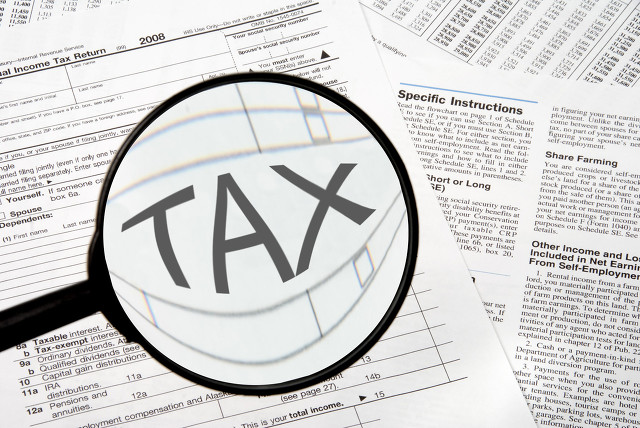### Understanding the Tax Implications of Personal Loans: What You Need to Know
#### Personal Loans Tax ImplicationsWhen considering personal loans, it's essential to understand the **personal loans tax implications** that may affect yo……
#### Personal Loans Tax Implications
When considering personal loans, it's essential to understand the **personal loans tax implications** that may affect your financial situation. While personal loans can provide much-needed funds for various expenses, such as consolidating debt or financing a major purchase, the tax treatment of these loans can be complex and often misunderstood.
#### What are Personal Loans?
Personal loans are unsecured loans provided by financial institutions, allowing borrowers to access a lump sum of money that can be used for a variety of purposes. Since these loans are unsecured, they typically come with higher interest rates than secured loans, which are backed by collateral. Borrowers usually repay personal loans in fixed monthly installments over a specified period.

#### Tax Implications of Personal Loans
1. **Interest Payments**: One of the most common questions regarding personal loans is whether the interest paid on these loans is tax-deductible. Generally, the answer is no. Unlike mortgage interest or student loan interest, interest on personal loans is not tax-deductible. This means that while you may be paying interest on your loan, you cannot claim it as a deduction on your tax return.
2. **Loan Proceeds**: When you receive a personal loan, the money you borrow is not considered taxable income. This is because loans are not classified as income; they are considered a liability that you are obligated to repay. Therefore, you do not need to report the loan proceeds on your tax return.

3. **Loan Forgiveness**: In some cases, if a portion of your personal loan is forgiven, you may have to report that forgiven amount as taxable income. The IRS generally considers forgiven debt as income, which could impact your tax liability for that year.
4. **Using Personal Loans for Business**: If you take out a personal loan and use the funds for business purposes, the situation changes. While the interest on personal loans is typically not deductible, if the loan is used for business expenses, you may be able to deduct the interest as a business expense. However, it is crucial to keep thorough records and consult with a tax professional to ensure compliance with IRS regulations.
5. **Impact on Credit Score**: While not directly a tax implication, it's worth noting that taking out a personal loan can impact your credit score. A higher credit score can lead to better interest rates on future loans and can influence your overall financial health, which may indirectly affect your tax situation in the long run.

#### Conclusion
Understanding the **personal loans tax implications** is vital for anyone considering taking out a personal loan. While these loans can provide financial relief, they come with specific tax considerations that borrowers must keep in mind. Always consult with a tax professional to understand how personal loans may affect your taxes and to ensure you are making informed financial decisions. By being aware of these implications, you can better manage your finances and avoid any unexpected surprises come tax time.